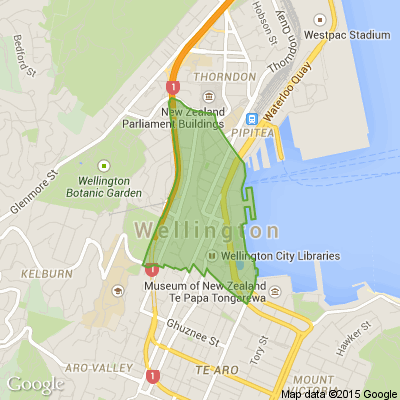How to Look After Linen
Linen looks good but is notorious for creasing. Here's how to get the best from this stylish fabric.
Linen wrinkles and creases very easily so if you want it to appear smooth and flat, it needs ironing. It may also need starching. However, the wrinkles in the fabric are often considered part of linen’s character, and many linen garments are now designed to be air-dried and worn without ironing.
Tips for machine washing linen
• Check the care label for guidance on washing temperature.
• Always separate dark/coloured linens from white or off-white linens to avoid colour transfer in the wash.
• The first time you wash a linen article, wash it separately from other materials. Linen can cause lint.
• Linen is a natural fibre that can absorb a lot of water. This means it is prone to heavy creasing in the wash. If you give linen items a lot of space to move around in the washing machine drum, this should reduce the amount of creasing. It is best to only half fill the machine.
• Avoid using bleach on linen, as this weakens the fibres and it may affect the colour of dyed linens.
• Bleach particles in conventional washing powder make natural linen colour fade, so use only mild detergents.
• If possible, choose a wash programme with a long soak, a short wash/rinse and a short spin and using a moderate to cool temperature.
• When the wash cycle is finished, immediately remove items from the machine to avoid any extra creasing.
• Straighten out and gently stretch the linen after the wash.
• Line-dry or air dry or dry flat.
•Do not tumble dry linen, as it may leave permanent creasing and it will shorten the life of the item. If you dry linen in a hot tumble dryer, it can shrink up to 15%.
Note: Linen can generally be machine washed at high temperatures but this can cause shrinkage. Modern detergents generally work just as well at a lower temperature so it is not necessary to use a hot wash. We recommend the maximum temperature you use for linen is 60°C.
Hand washing linen
Fine embroidered or hand hemmed/stitched linen items need extra care. It is usually best to hand wash these items or take them to a professional cleaner.
• Use water that is comfortably warm to the touch (blood heat) and also ensure you use the correct washing detergent (see advice above). This should be dissolved/evenly distributed in the water before you add the item.
• Let the item soak for up to two hours to ensure the fibres are saturated.
• Use gentle agitation to wash the item.
• Rinse the item in three clean rinses of cool water, or rinse until the water is clear.
• Between rinses and at the end of the wash, squeeze the excess water out of the item.
• Starch the item at this stage (if you are using starch).
• Dry flat if possible, gently pulling item to the correct size. Alternatively line-dry or air dry. Do not tumble dry.
Ironing linen
Keep reading: www.curtainclean.co.nz...

Trusted Painters for Every Home
Hi neighbours!
At Graham’s Painters we bring 40+ years of experience, a friendly team of over 20+ full-time professionals, and a “get-it-done” attitude to every job big or small.
We specialise in interior/exterior painting, roof painting, house washing, decking, fencing, wallpapering, and cedar weatherboards. We’re tidy, punctual, and perfect for busy families, non-DIYers, and retirees.
Discounts available for SuperGold Card holders
Serving all of Wellington, Hutt Valley & up to Plimmerton.
Message us today for a free quote, we’d love to help bring your home to life!

Poll: 🤖 What skills do you think give a CV the ultimate edge in a robot-filled workplace?
The Reserve Bank has shared some pretty blunt advice: there’s no such thing as a “safe” job anymore 🛟😑
Robots are stepping into repetitive roles in factories, plants and warehouses. AI is taking care of the admin tasks that once filled many mid-level office jobs.
We want to know: As the world evolves, what skills do you think give a CV the ultimate edge in a robot-filled workplace?
Want to read more? The Press has you covered!

-
58.5% Human-centred experience and communication
-
13.1% Critical thinking
-
25.7% Resilience and adaptability
-
2.7% Other - I will share below!
Brain Teaser of the Day 🧠✨ Can You Solve It? 🤔💬
Make a hearty dish. Take just half a minute. Add four parts of kestrel. Then just add one. What have you made?
(Trev from Silverdale kindly provided this head-scratcher ... thanks, Trev!)
Do you think you know the answer? Simply 'Like' this post and we'll post the answer in the comments below at 2pm on the day!
Want to stop seeing these in your newsfeed? No worries! Simply head here and click once on the Following button.







 Loading…
Loading…









